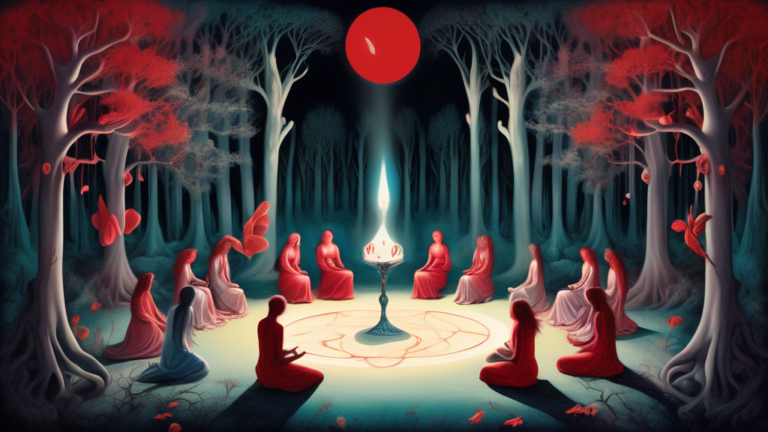Exploring the Spiritual Significance of Retreats
Understanding the Spiritual Significance of Retreats
Retreats have been an integral part of various spiritual and religious traditions around the world for centuries. These designated times away from everyday life are not only moments of solitude, but are also profound opportunities for deeper spiritual connection and personal transformation. In this article, we explore the spiritual significance of retreats, their various types, and the benefits they bring to spiritual seekers.
Historical Background of Spiritual Retreats
The concept of a retreat is rooted in many religious traditions, including Christianity, Buddhism, Hinduism, and Islam. For example, early Christian monks and hermits would retreat into the desert to live in solitude and prayer, following the example of Jesus Christ, who spent 40 days in the wilderness. Similarly, Buddhist monks retreat to monasteries, and followers of Hinduism might retreat into an ashram. This practice emphasizes a withdrawal from the daily stresses and temptations of life to foster a deeper relationship with the divine or to engage in deep self-reflection and meditation.
Types of Retreats
Retreats can vary significantly depending on their focus, structure, and the traditions they are based on. Common types include:
- Silent retreat: Participants vow to remain silent for the duration to deepen meditation practices without the distraction of conversation.
- Spiritual or religious retreat: These retreats are focused on praying, studying holy scriptures, and contemplating spiritual teachings.
- Meditative retreat: This might focus more exclusively on meditation practices, often in a setting that promotes peace and calm.
- Nature retreat: Held in natural settings, these retreats use the healing aspects of nature to promote spiritual and personal growth.
Meditative and mindful practices are central to most retreats, irrespective of their specific type. These practices help in fostering a heightened state of awareness and inner peace.
Benefits of Spiritual Retreats
The benefits of participating in a retreat are manifold. Here are some crucial ones:
- Enhanced self-awareness: By stepping away from the usual distractions and responsibilities of life, individuals may find it easier to reflect introspectively. This can lead to greater self-awareness and insight.
- Deepened spiritual practice: Retreats provide the time and space to engage with spiritual practices more deeply than one might in the hustle and bustle of daily life, enriching one’s spiritual life and connection.
- Stress reduction: A retreat can offer a break from the stressful environments that people often find themselves in, using techniques and surroundings that emphasize rest and relaxation.
- Community and fellowship: While some retreats emphasize solitude, others can connect like-minded individuals who share similar values and goals, fostering a sense of community.
- Physical and mental detox: Many retreats include aspects that help cleanse the body and mind, which may involve healthy eating, physical activity, and the avoidance of electronic devices and media.
Planning and Participating in a Retreat
If you are considering a retreat, it is important to choose one that aligns with your spiritual goals and current state of mind. Think about the location, the length of time, and the guiding principles of the retreat. Furthermore, prepare yourself mentally and physically for the experience. This might include reading relevant materials, practicing certain exercises, or simply setting intentions for what you wish to achieve through the experience.
Conclusion
A carefully chosen spiritual retreat can be a transformative experience that rejuvenates the mind, body, and soul. Whether you seek solitude, spiritual renewal, or a deeper connection with nature or humanity, retreats can offer a structured and supportive space to explore these facets of life. It is a profound practice that holds the potential to enrich one’s spiritual journey profoundly.
Spiritual Significance of Sunflowers in Dreams
Exploring the Spiritual Significance of Grackles
Spiritual Significance of Moths: Unveiling Their Symbolic Meanings







